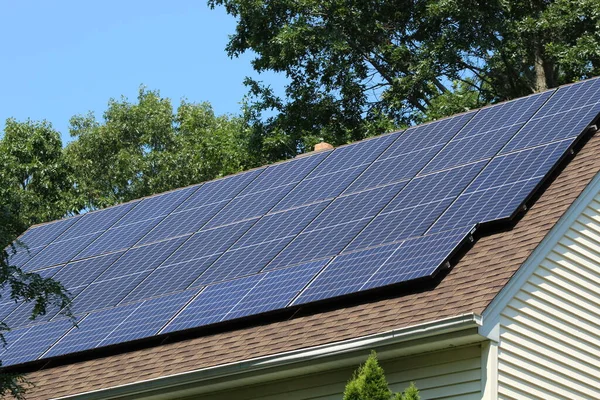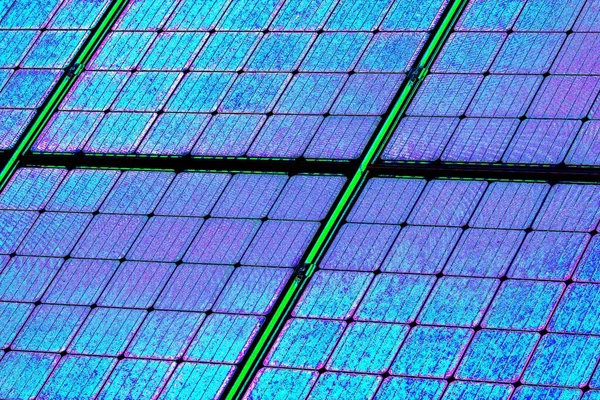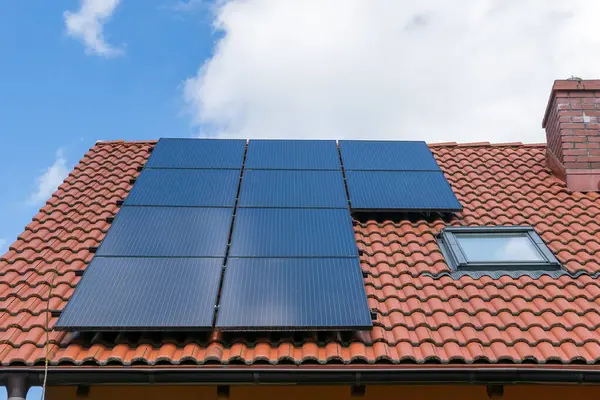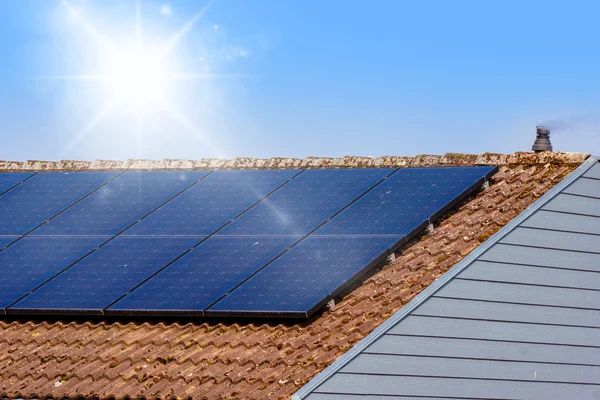Do you know that often people ask what is the lifespan of solar panels? If you are considering having solar energy in your home, this is one valid question that you would be having. Additionally, it is a big investment that is not worth neglecting.
So, let’s divide that and see how long are solar panels good for and what should you expect from them.
How Long Do Solar Panels Last?

Solar panels have an average lifespan of 25 to 30 years. This does not mean they will not work for the next three decades, but their performance will decrease steadily every year because most solar panels are designed to solve long-term goals of obtaining stable monetary revenue.
How Quickly Do Solar Panels Degrade?

Whenever solar panels are used, they diffuse over time but this normally takes a long time. Each year, your panels become about 0.5% less efficient. This is what is referred to as the degradation rate.
At this point, you will have used your solar power system for 25 years and it is still producing 80% of the initial power that was produced. For instance, if your solar panel was rated to produce 300 watts when it was new, in the 25th year, it will only produce about 240 watts.
This slow degradation does not mean that you should start worrying. The majority of homeowners won’t witness a decline in energy production performance for several years after installing a solar power system in their homes.
Secondly, the current generation solar panels incorporate better materials and technology that make them give optimum service, and in this case, degrade slower.
How to Extend the Life of Your Solar Panels?

Solar panels are designed and manufactured to be durable, however, there are some measures you can take to get the most out of it.
- Keep Them Clean: The accumulation of dust, dirt, and leaves forming a layer on the solar panels decreases the amount of light that may be absorbed by the Photovoltaic panels. Therefore, the power output may be reduced. One of the most effective things I’ve found to do is wash the panels if you live in a dusty environment constantly. These can be washed using a soft brush or washing them gently using a hose without making them fall.
- Avoid Shading: Solar panels work best when they get maximum sunlight. Trees, buildings, or anything else that creates shade can reduce their performance. Trim trees or remove obstructions that block the sun.
- Regular maintenance: Although solar panels are low maintenance, it is important to perform an inspection every few years. A professional can check for damaged wires, inverter failure, or other minor issues that may reduce efficiency. If the solar panel cable used is damaged, replace or repair it in time to ensure the stable operation of the system.
- Quality Installation: Make sure your solar panels are installed by a certified and experienced professional. A poor installation can lead to problems down the road. When installed properly, solar panels last longer and work more efficiently.
- Choose the Right Location: Installing your solar panels in a place that gets plenty of sunlight is key. Ideally, they should face south (in the Northern Hemisphere) and be positioned at the right angle to catch the most sunlight throughout the day.
How to Get the Most Out of Your Solar Panels?
If you want to maximize the energy production of your solar panels, consider these tips:
- Monitor Energy Production: Use an app or monitoring system to track how much energy your panels are producing. This will help you identify any issues early, such as a sudden drop in energy output. You can address problems before they affect your electricity bill.
- Use Energy-Efficient Appliances: The more energy-efficient your home is, the less power your solar panels need to produce. Switch to LED lights, and energy-efficient appliances, and make sure your home is properly insulated to reduce energy consumption.
- Consider Solar Batteries: If you want to store excess energy for later use, solar batteries are a great addition. They allow you to use the solar energy you produce during the night or when the weather is cloudy. A solar battery system can help you make the most of your solar investment.
- Optimize Your System: Some advanced solar panel systems come with features like micro-inverters or optimizers, which can help improve energy efficiency. If you’re getting a new system, look into these options to ensure you get the best performance.
How Do You Find the Right Solar Accessories on MOREDAY?

Choosing the right solar accessories can make a big difference in the performance and longevity of your solar panels. Here are some of the key accessories you might need:
- Inverters: The inverter converts the DC (direct current) energy from your solar panels into AC (alternating current) energy, which is what your home uses. Look for reliable, high-quality inverters to ensure long-term performance.
- Solar Batteries: As mentioned, solar batteries allow you to store energy. If you’re looking for a way to increase your solar power usage, a high-quality battery system can be an excellent choice.
- Mounting Systems: The right mounting system ensures your solar panels stay securely in place. It also helps maximize their efficiency by positioning them correctly.
- Monitoring Systems: With a monitoring system, you can keep track of your solar energy production and spot potential problems early. This will help keep your panels working at their best.
Also, if you need to learn more about wiring during the installation process, it is recommended to refer to how to wire a solar combiner box or pass-through box. This knowledge is essential to ensure that the wiring is correct and avoid system failures.
At MOREDAY, we offer a variety of solar accessories, from inverters and batteries to mounting systems and monitoring equipment. All of our products are carefully selected to help you get the most out of your solar panel system.
FAQ
1. Do solar panels lose efficiency over time?
Yes, solar panels gradually lose efficiency over time, but the process is slow. On average, they lose about 0.5% of their efficiency each year.
2. Can solar panels be repaired if damaged?
Yes, most minor issues with solar panels can be repaired, but in some cases, it might be more cost-effective to replace a damaged panel.
3. Can I still use solar power after 25 years?
Yes, even after 25 years, your solar panels will still generate a good amount of power, just not as much as they did when they were new.
4. How much does solar panel installation cost?
The cost varies depending on the size of your system, your location, and the quality of the panels you choose. On average, the installation cost ranges from $10,000 to $30,000.
Conclusion
Solar panels are a great long-term investment for homeowners. With proper care and maintenance, they can last for decades and continue providing clean, renewable energy. To get the most out of your solar system, invest in quality accessories, keep your panels clean, and monitor their performance.
For top-quality solar accessories and professional advice, visit MOREDAY. We’re here to help you make the most of your solar energy investment!
Related reading: How much does solar energy storage cost?


